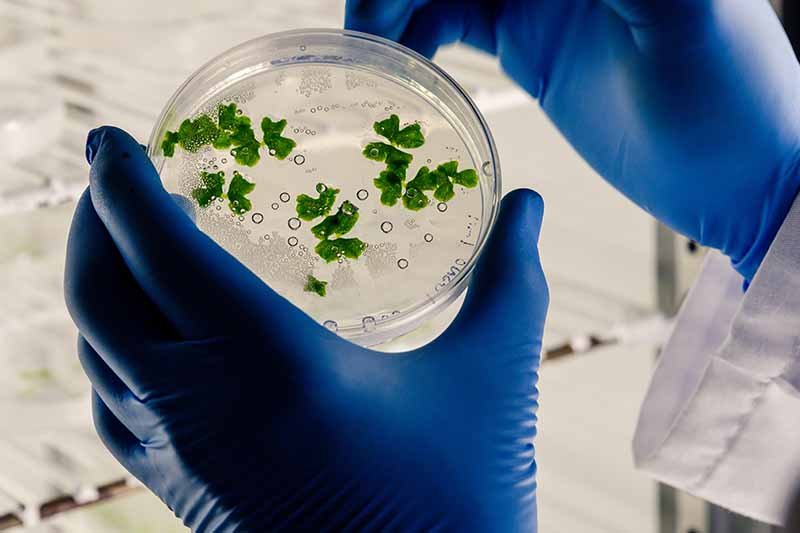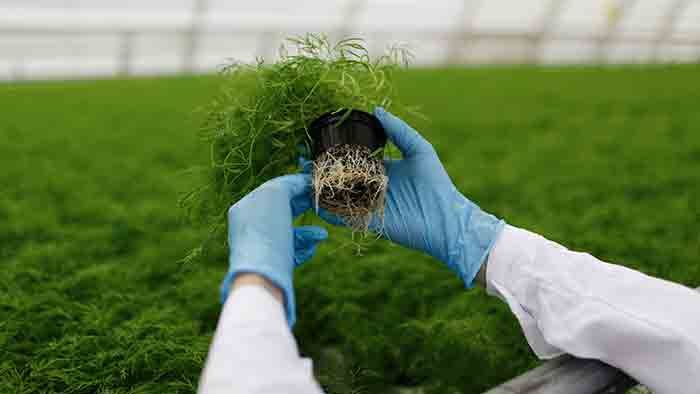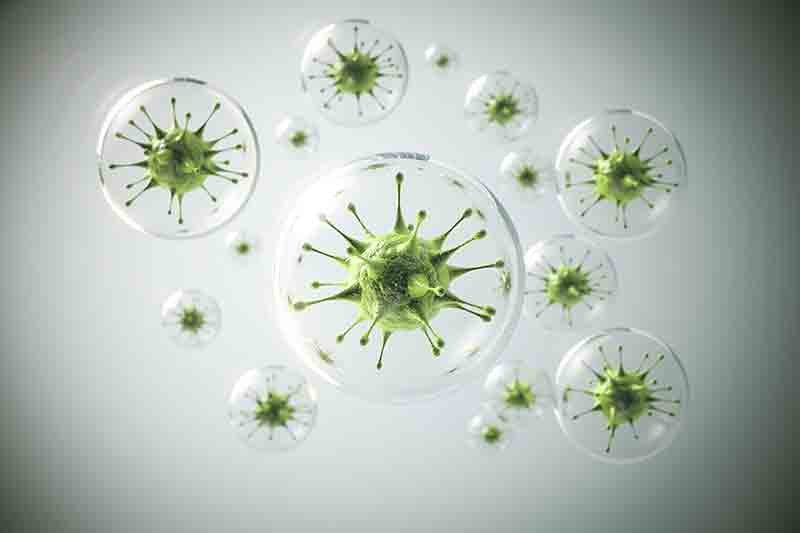
A virucide is a type of disinfectant or antimicrobial agent that is capable of killing or inactivating viruses.
Viruses are non-living infectious agents that can cause a range of diseases in humans, animals, and plants. Virucides work by disrupting the structure of the virus, preventing it from replicating and spreading.
There are several types of virucides:
Virucides are a type of disinfectant that are specifically designed to kill viruses
These types of virucides contain a high concentration of alcohol, usually between 60% to 80%, and are effective against enveloped viruses, such as the influenza virus.
Chlorine-based virucides, such as bleach, are effective against a wide range of viruses, including both enveloped and non-enveloped viruses.
There are a number of virucides available in the market that use hydrogen peroxide as their active ingredient and are effective against a wide variety of viruses.
QACs are a type of disinfectant that are effective against a variety of viruses, including enveloped and non-enveloped viruses.
Phenolic-based virucides contain phenol as their active ingredient and are effective against a range of viruses, including the hepatitis B virus.
Used of Virucides
It is important to note that not all disinfectants are virucidal, and different virucides may have different levels of effectiveness against specific viruses. It is important to carefully read the label and follow the manufacturer’s instructions when using a virucide to ensure that it is effective against the specific virus you are trying to kill.
Virucides can be used in the following ways:
Different viruses have different sensitivities to various virucides. Therefore, it is important to know the specific virus you want to target before selecting a virucide.
Choose a virucide that is effective against the virus you want to target. Please follow the instructions for use, including dilution and application methods.
Before applying the virucide, clean and disinfect the area to remove any visible dirt, debris, or organic matter. This will help the virucide to work more effectively.
Follow the instructions on the product label when applying virucide. Wear appropriate personal protective equipment (PPE), such as gloves and eye protection.
To effectively kill viruses, virucides need a certain amount of contact time. Depending on the virucide and the virus being targeted, the recommended contact time may vary.
After the recommended contact time, rinse the treated area with water to remove any residue from the virucide. Allow the area to dry completely before resuming normal use.
- Virucides are substances or products that are specifically designed to destroy or inactivate viruses. In healthcare settings, households, and public spaces, they help prevent viral infection spread.
- Bleach, hydrogen peroxide, and alcohol-based cleaners are virucides. By disrupting a virus's structure or preventing its replication, these products render it inert and uninfectable.
- Use virucides properly and follow the manufacturer's instructions to avoid spreading viral infections. Additionally, virucides might not work against all viruses, so practice good hygiene.

However, it is important to use fungicides properly and in accordance with label instructions to minimize the risk of environmental contamination and the development of fungicide-resistant strains of fungi.
Some common uses of virucides include:

Virucides destroy or inactivate viruses. Vaccines, antivirals, and disinfectants contain them. Virucides target the virus’s genetic material, protein coat, and envelope.
Alcohol : Ethanol and isopropanol are commonly used as disinfectants and can be effective against many viruses.Chlorine-based disinfectants : Chlorine is a strong oxidizing agent that can destroy a wide range of viruses.Hydrogen peroxide : Hydrogen peroxide is a strong oxidizing agent that can destroy many types of viruses.
Quaternary ammonium compounds (quats) : Quats are surfactants that can disrupt the viral envelope and inactivate the virus.Phenolic compounds : Phenolic compounds can damage the virus's protein coat, leading to inactivation.- A virucide's effectiveness depends on its concentration, target virus, and contact time. Virucides may not be effective against all types of viruses, and some viruses may be more resistant to inactivation. Follow the manufacturer's instructions for using virucides according to their intended purpose.
